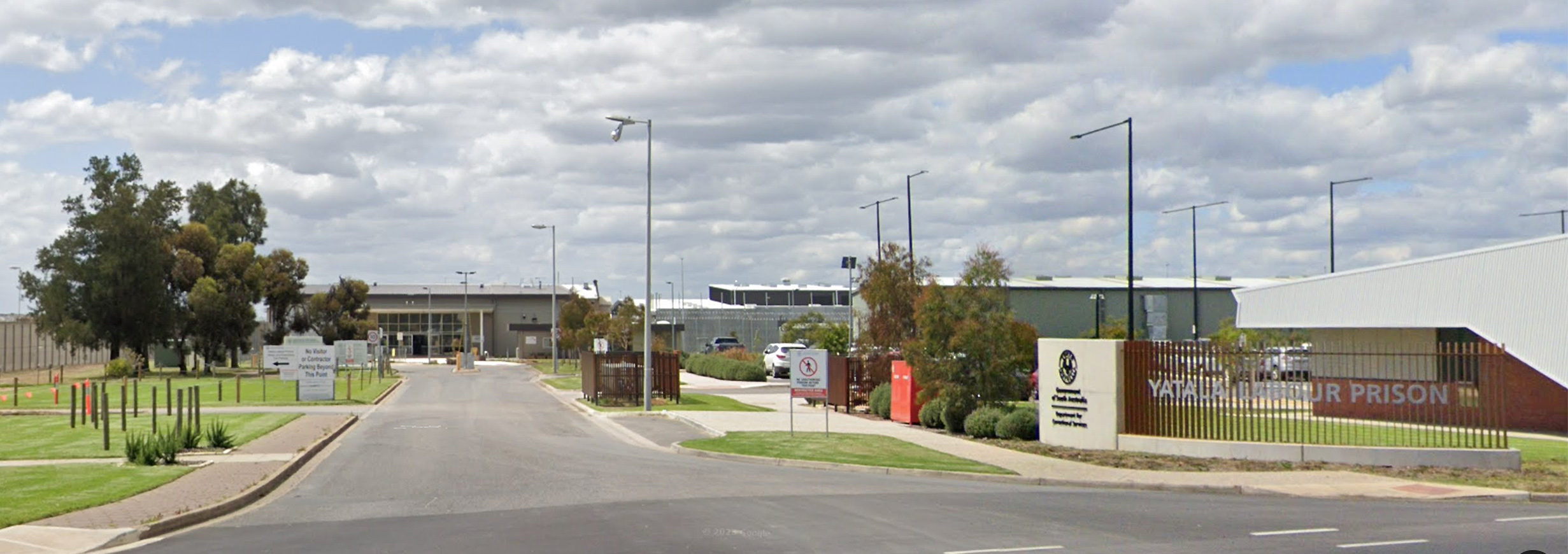“Hello…hello,” the woman called to me. “Do you work there?” she asked pointing to the Hepatitis SA office. I nodded.
“Can I talk to you, ask you something?” she continued. She needed to get back to the hospital where she worked; her lunch break was almost over, so we spoke as she walked. Shui* told her story and gave me her contact details.





